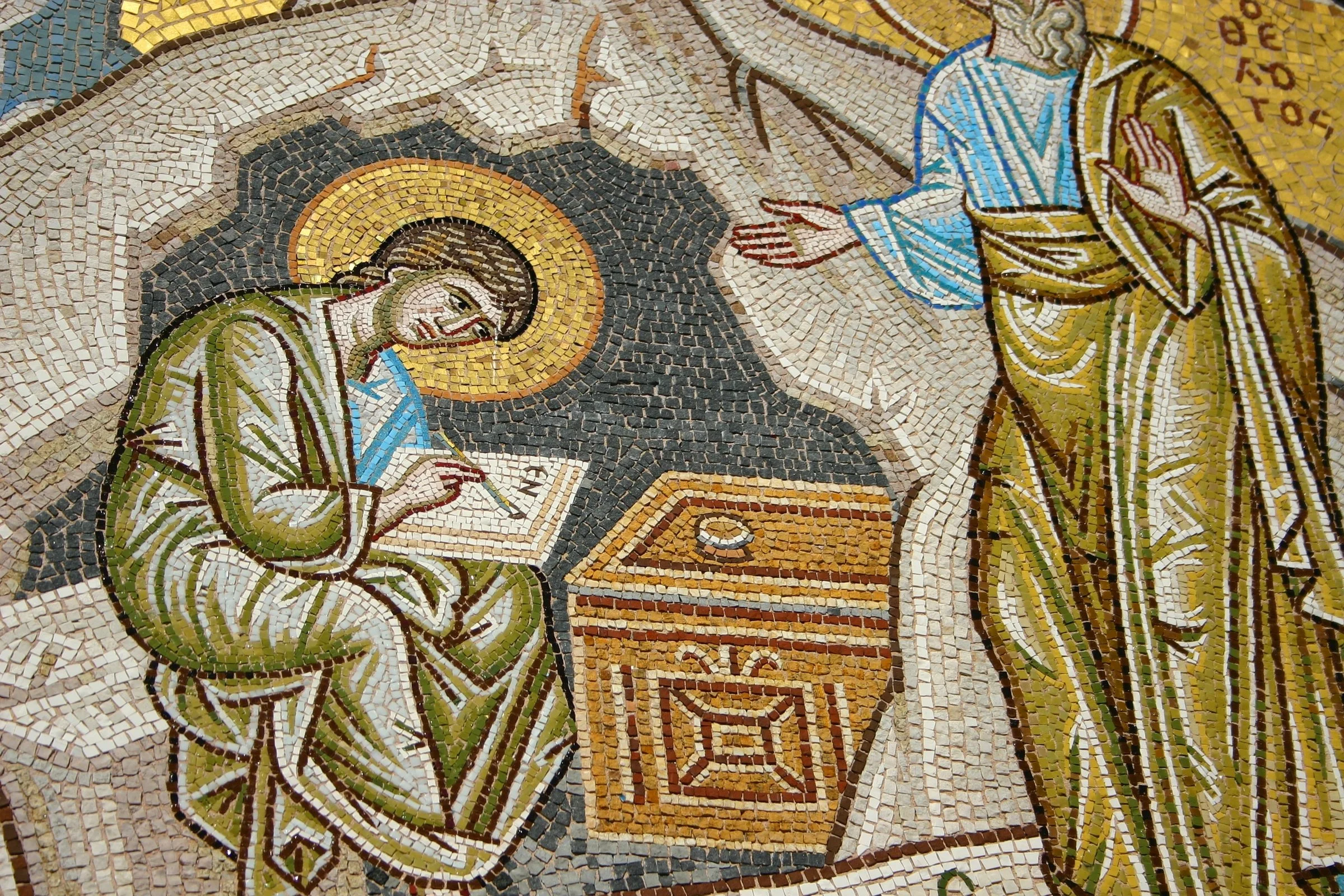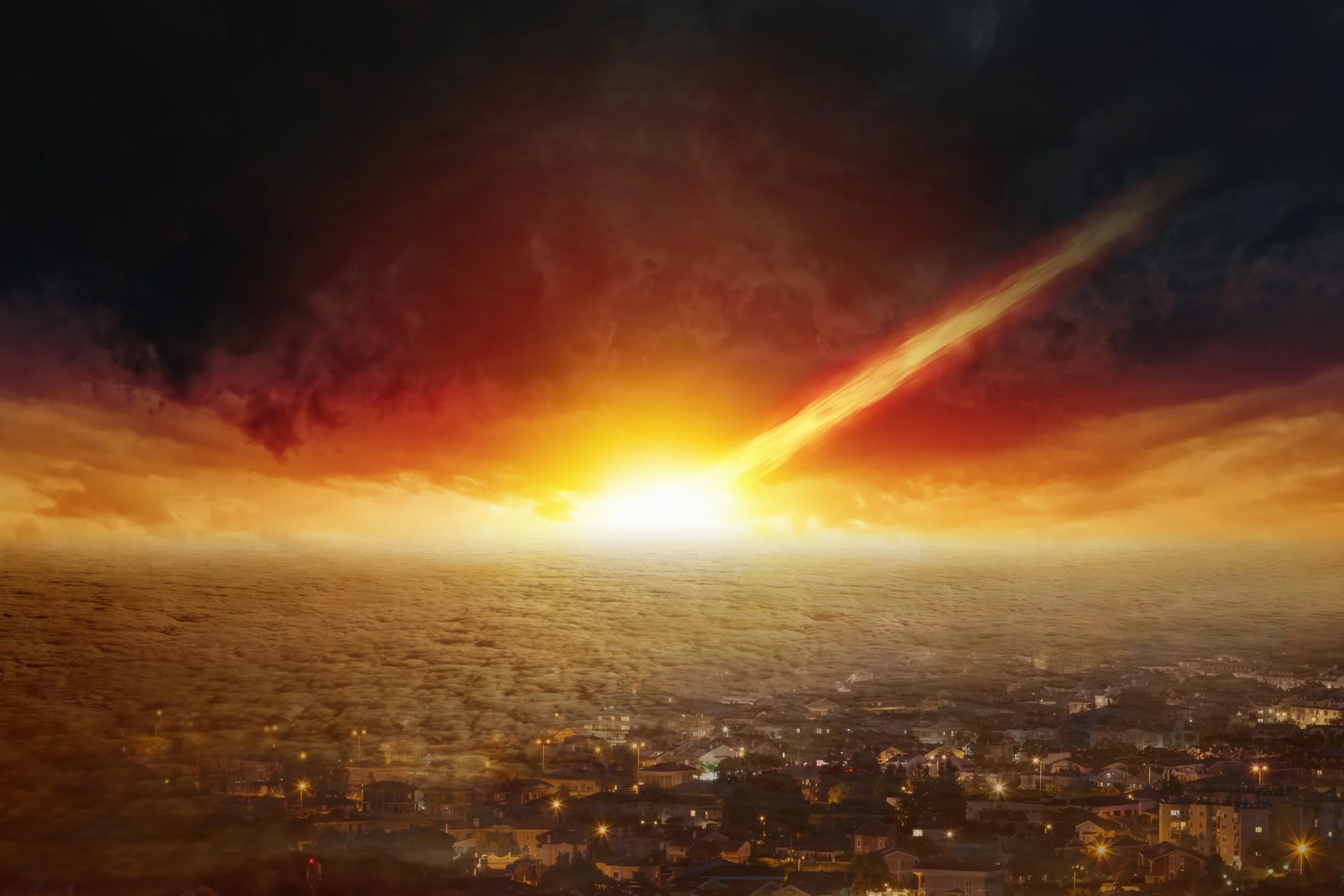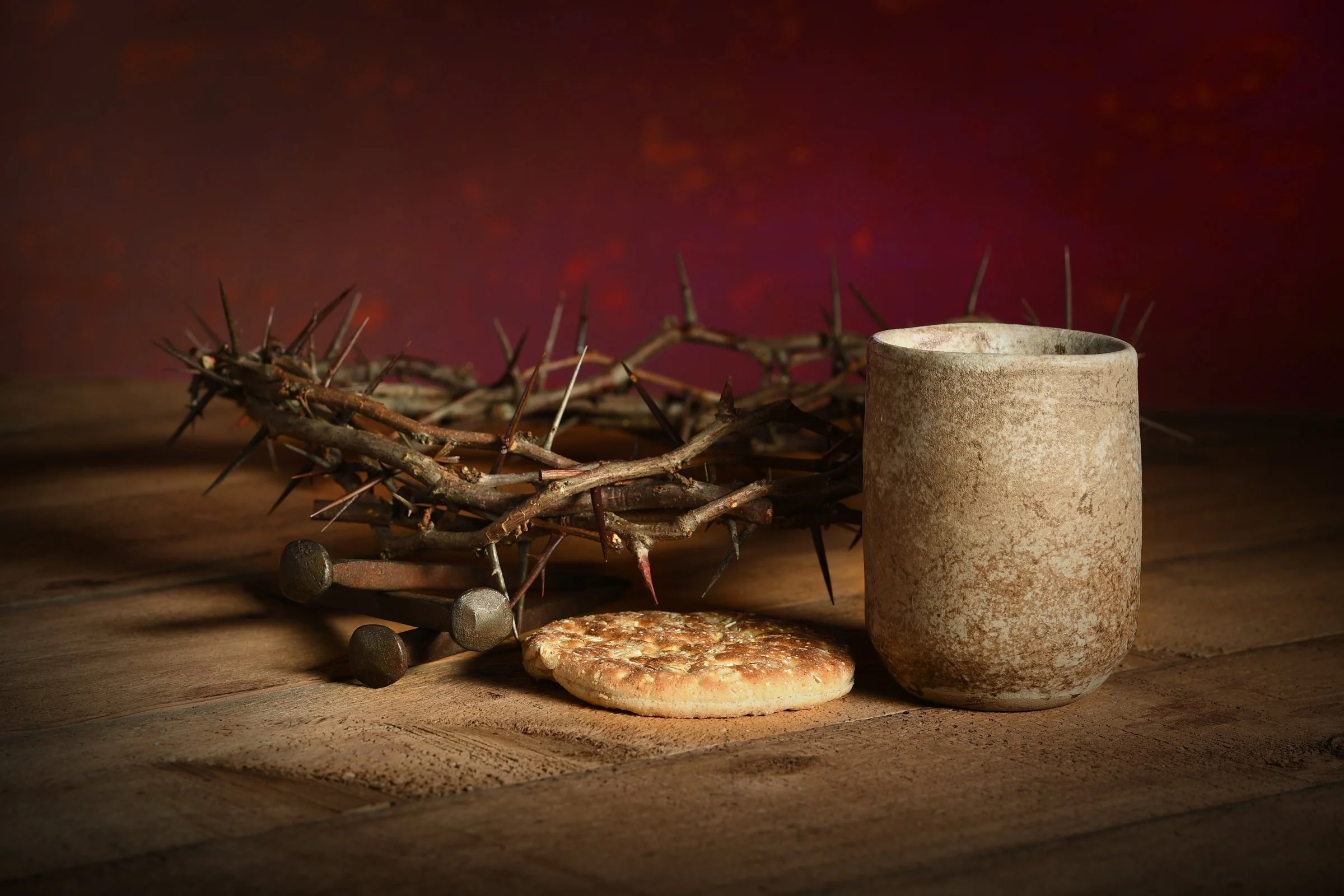The Book of Daniel gives us the timeframe for the tribulation—seven years. However, Revelation provides considerable detail and specificity about what will occur during this period. Some chapters in the Book of Revelation are parenthetical, providing a broader timeframe for more detailed events. For example, Revelation chapter twelve provides an overview of Israel’s struggle with Satan for the past two thousand years, beginning with the birth of Christ and culminating in the time of Jacob’s trouble. Another example is in chapter thirteen, where we read about the rise of the Antichrist (the beast from the sea) and the false prophet (the beast from the earth). This chapter provides more detailed information about the kingdom of the Antichrist, revealed earlier in chapter six, which begins in the first year of the tribulation. Therefore, recognizing these parenthetical chapters is essential to interpreting the prophetic timeline.
God's Holy Calendar and The Return of Christ
The seventieth week of Daniel is divided into two periods of three and one-half years.[i] We can associate eschatological prophecies from this mid-point with explicit signs of the seven-year tribulation called out in Revelation. We read, “Then he shall confirm a covenant with many for one week; But in the middle of the week He shall bring an end to sacrifice and offering. And on the wing of abominations shall be one who makes desolate, Even until the consummation, which is determined, Is poured out on the desolate” (Daniel 9:27).
The Angel of The Lord and His Heavenly Hosts
We begin with the Cherubim and Seraphim angels, their ministry to God, and the Tabernacle of Moses. Cherubim first appeared at the Garden of Eden entrance and later in constructing the Tabernacle and the Ark of the Covenant. Inferring a correlation to the Garden of Eden, Cherubim were woven into the inner veil that separated the holy of holies. Our Sages wrote that Cherub angels have a child-like appearance, hence their portrayal in Christian art as babies with wings. Ezekiel refers to them nineteen times, with many believing they are synonymous with the four living creatures described in Revelation. In his vision, he saw four Cherubim angels in the midst and around the throne of God, ministering to the Lord.
The Creation of Man
The first Hebrew word in the Bible is Be-reisheet. This word signifies the very act of creation—God brought “being” into existence from “non-being,” something from nothing. In the beginning (Be-reisheet), the Lord God made all things perfect. Each living organism on earth was divinely planned and woven into the most remarkable fabric of creation, a living tapestry of God’s artwork. Every detail, carefully and methodically executed by the wisdom of God, for a creation without wisdom would be chaos.
The Doctrine of Scripture
From the beginning, God has desired to make Himself known to His creation. God is Spirit and cannot be seen, and his transcendence is beyond our imagination. However, His imminence brings Him so close that He purposefully dwells within His children. Thus, He has chosen to reveal Himself both in the person of Jesus Christ, the Son of God, and the indwelling presence of the Holy Spirit. These two are one and co-equal with the Father, yet they each reveal different aspects of God.
The Rapture in The Old Testament
The Apostle Paul told the church, “Behold, I tell you a mystery: We shall not all sleep, but we shall all be changed—in a moment, in the twinkling of an eye, at the last trumpet. For the trumpet will sound, and the dead will be raised incorruptible, and we shall be changed” (1 Corinthians 15:51-52).
Knowing the Will of God
I often hear Christians talk about following the Will of God over the Will of man. It’s a strange word, often used to express someone’s futurity about their express desire.[i] Sometimes I feel like I’m in a wrestling match with God— “I want to buy that new sports car. No, you can’t have it.”
In this context, God’s Will appears arbitrary and maybe even selfishly motivated. Is He the grand arbitrator up in the sky? My response to the car question: “Why can’t I have it?” “Because I said so. Next question, please?”
God Will Provide for Himself a Lamb
We all know the story of Abraham, how he took his only son Isaac to Jerusalem and was prepared to offer him as a burnt offering to the Lord on Mount Moriah. They traveled for three days until Abraham saw the place in the distance. As he and his son carried the wood and fire for the sacrifice, Isaac asked his father a question:
“My Father? Look, the fire and the wood, but where is the lamb for a burnt offering?” Abraham responded: “My son, God will provide for Himself the lamb for a burnt offering” (Genesis 22:7-8).
The Day of The Lord
“The great day of the Lord is near; It is near and hastens quickly. The noise of the day of the Lord is bitter; There the mighty men shall cry out. That day is a day of wrath, a day of trouble and distress, a day of devastation and desolation, a day of darkness and gloominess, a day of clouds and thick darkness” (Zephaniah 1:14-15, NKJV).
Mystery of the Gentiles
The Apostle Paul spoke of several mysteries in his epistles to the church. These mysteries were in essence, God’s hidden wisdom concealed from humanity, until the time He would choose for its revelation;[i] as it is written, “But we speak the wisdom of God in a mystery, the hidden wisdom which God ordained before the ages for our glory, which none of the rulers of this age knew; for had they known, they would not have crucified the Lord of glory” (1 Corinthians 2:7-8).
The Word Became Flesh
“And the Word became flesh and dwelt among us, and we beheld His glory, the glory as of the only begotten of the Father, full of grace and truth” (John 1:14, NKJV). This is probably one of the most popular verses in the New Testament, clearly pointing to Yeshua as the Divine Messiah; God in human form, manifest and revealed to the creation. However, what exactly did the Apostle John mean when he said, the word became flesh? In a general sense, the word is the bible. So, how does paper or parchment turn into living flesh? I think there more to understand here.
Birth Pangs and the Time of Sorrows
Yeshua’s disciples came to him one day and asked: “What will be the sign of Your coming, and of the end of the age?” (Matthew 24:3). Yeshua then began to tell His disciples about all the difficult things that would happen at the end of the age, especially to the nation of Israel—deception, wars, famines, pestilences, earthquakes, and more. Then He said, “All these are the beginning of sorrows” (Matthew 24:8), but the end would not come immediately.













